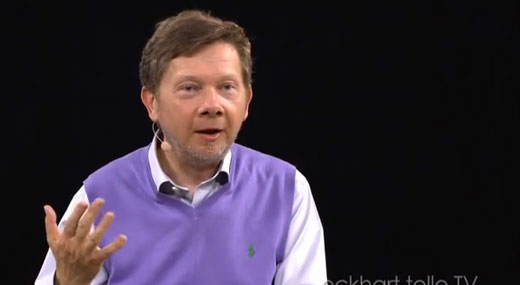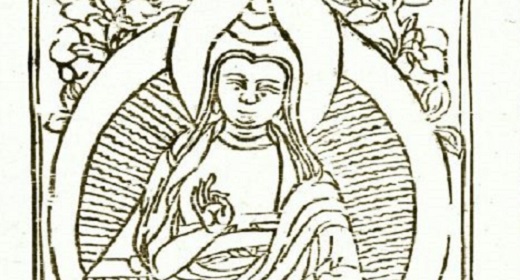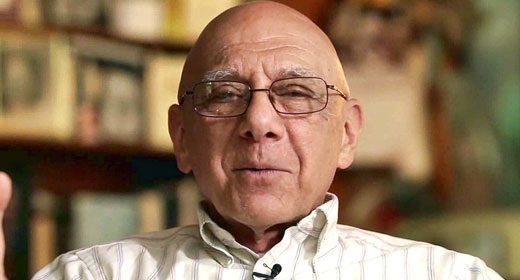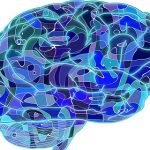by Siri Hustvedt: Sigmund Freud makes people irritable. Whenever someone mentions Freud, say, at a dinner party, I see eyes roll and listen to the nasty remarks that follow.
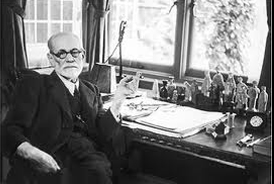 The received knowledge, even among some highly educated and informed people, is that Freud was wrong and can be relegated to history’s garbage can where we discard outmoded ideas. There are still defenders of Freud’s theories, of course, but in my experience, the general attitude is one of out-and-out hostility.
The received knowledge, even among some highly educated and informed people, is that Freud was wrong and can be relegated to history’s garbage can where we discard outmoded ideas. There are still defenders of Freud’s theories, of course, but in my experience, the general attitude is one of out-and-out hostility.
A few years ago, I met a journalist who had written a book on twin studies. His argument was essentially this: genes determine who you become. I was interested in his research for the book and, at some moment in our discussion, I brought up the fact that as a neurologist, Freud had spent years studying nerve cells in a laboratory in Vienna and that at least some of his ideas about psychological processes appear to have been confirmed by recent neuroscience. The man’s mouth dropped open. He didn’t know Freud had worked as a scientist. For him, Freud was a figure that represented everything science was not.
For decades now, the Viennese doctor has been a caricature, a pop icon of the unconscious and sexual urges. Ego, id, and superego are terms familiar to all, but for many years, Freud’s psychoanalytic theory has thrived in English departments around the country as a tool for interpreting literary texts but has rarely, if ever, been discussed in science departments. Part of the problem is that Freud has been perceived as an isolated figure who appeared out of nowhere with crazy ideas about how our minds work that have now been disproved. But Sigmund Freud was very much a creature of his time. He did not “invent” the unconscious. Versions of it had been around since the philosopher Leibniz responded to Descartes and Hume in the seventeenth century. By 1860, in Germany, the scientist Gustav Fechner had formed a theory of unconscious processes. Hermann von Helmholtz and Wilhelm Wundt, formidable scientists of their day, also argued for the existence of an unconscious. In the 1870’s, the English physiologist William Benjamin Carpenter came up with an “adaptive unconscious” in his work. Many thoughts and feelings, he argued, are outside of our awareness.
No neuroscientist today would say that the unconscious does not exist, nor would he or she say that we do not have implicit memories(memories outside of consciousness.) No one working in the field would argue against primal emotional drives in human beings either. The question is: Does new research suggest a psyche that resembles Freud’s model or not? Some say yes, and others say no. The debates are intense, often heated. Freud remains controversial. What is certain is that at least among some neurobiologists, Freud is no longer dismissed as quickly as he once was. A new field, neuropsychoanalysis, has been born to try and bring the two disciplines together and fulfill one of Freud’sdreams: to ground the psychological in the biological. In 1895, Freud started writing his Project for a Scientific Psychology, a theory of the mind that he rooted in neuronal activity. He never finished it because he realized that not enough was known about brain functions to make such a theory possible, but he hoped the day would come in the future.
I will cite a single example of the renewed interest in Freud’s theories, an article published in Brain Research Reviews (2004) by a group of Italian neuroscientists, Diego Cantonze, Alberto Siracusano, Paolo Calabresi, and Giorgio Bernardi, which returns to ideas Freud outlined in his Project: “The Project for a Scientific Psychology (1895): a Freudian Anticipation of LTP-memory connection theory.” LTP stands for “long term potentiation” of synaptic transmissions in the brain related to learning and memory. In the Project Freud maintained that memory was represented in the brain at a cellular, synaptic level as “a permanent alteration following an event,” an early prediction of the properties of LTP. But aside from the abandoned Project, throughout his work, Freud believed that memories were not fixed but reconstructed in the present, something widely believed to be true among memory researchers today.
Only time will tell in what ways Freud was prescient and in what ways he failed to understand how the mind functions. For example, no scientist and very few psychoanalysts still embrace Freud’s death instinct. He seems to have missed the boat on that one, but then Freud himself often admitted that his ideas were speculative and might be altered by future science. I do not believe these admissions were merely rhetorical. He meant them. In Beyond the Pleasure Principle, he called biology “a land of unlimited possibilities… We cannot guess what answers it will return in a few dozen years. They may be of the kind that will blow away the whole of our artificial structure of hypothesis.” This statement strikes me as sound, not only for Freud in 1920 but also for us in 2010. He had an open mind. The truth is that despite his many detractors, Sigmund Freud and his ideas refuse to die and, in recent years, at least some of his thoughts have been borne out by contemporary neurobiology. He would have been pleased.

